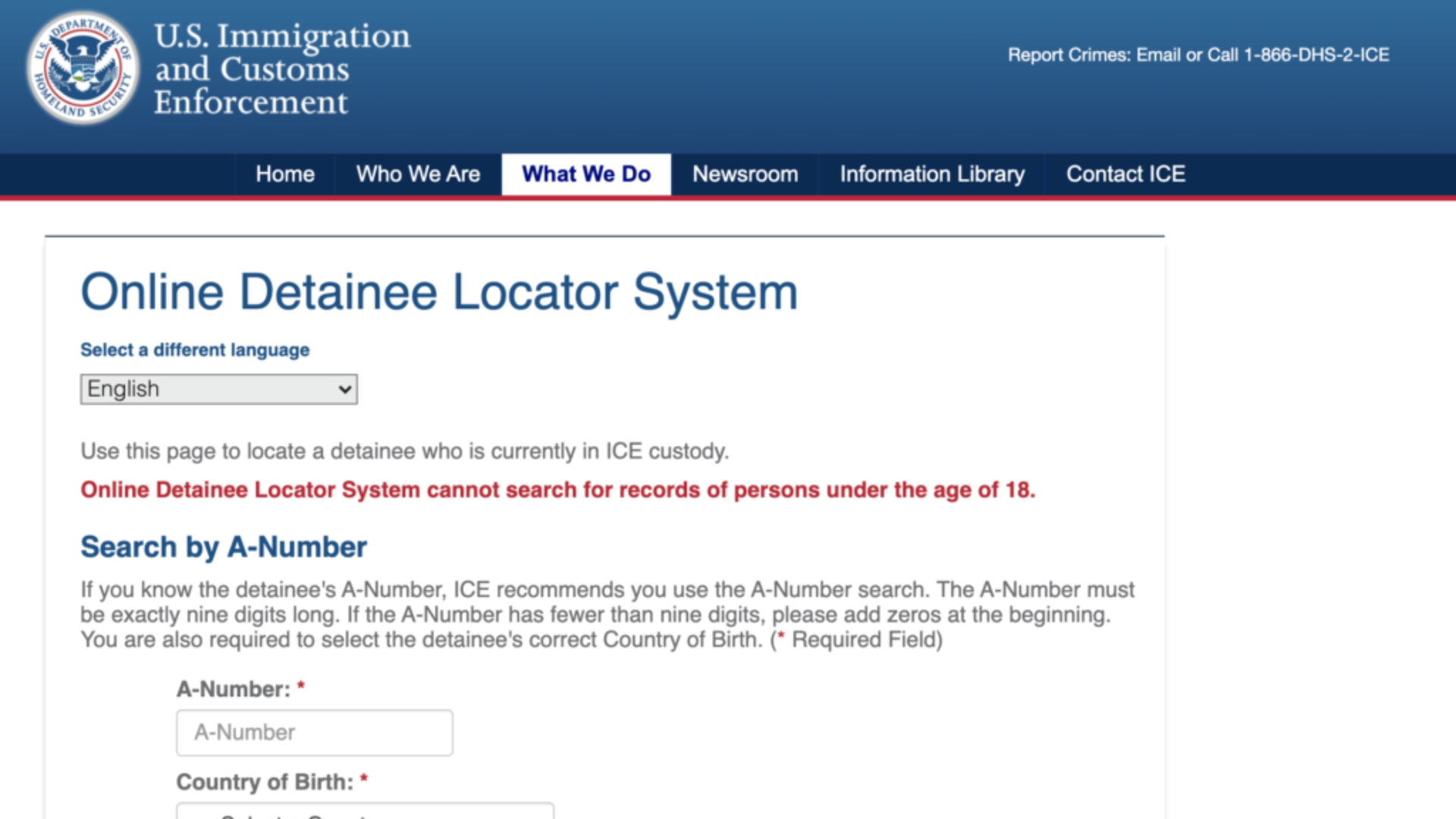ICE’s Biggest Tricks to Get People to Talk
Immigration encounters are stressful — and officers sometimes use psychological tactics to make people talk, sign papers, or reveal information they shouldn’t. Knowing the common tricks can help you and your loved ones stay safe, calm, and in control.
At Johnson & Masumi, P.C., we’ve seen the patterns. Below are common tactics ICE agents use and simple, practical ways you can protect your rights.
Common Tactics ICE May Use
1. “We’re just asking questions.”
Officers will often say they’re conducting a routine inquiry to make people feel like it’s harmless. But routine-sounding questions can be used to collect information that affects immigration cases.
2. False promises of leniency or help.
Agents sometimes promise help, faster processing, or leniency if a person cooperates. These promises aren’t binding — and cooperating under a false promise can still harm your case.
3. Threats or scare tactics.
Conversely, officers may threaten detention, deportation, or arrest to intimidate someone into talking. Fear can push people to make quick decisions they later regret.
4. Misrepresenting authority or warrants.
Agents may claim they have authority to enter a home or get consent for a search without showing a proper judicial warrant. They might present agency documents that look official but don’t meet legal requirements.
5. Playing on family or employer ties.
Agents can suggest that cooperating will protect family members or keep someone’s job. Emotional pressure like this is designed to make people act impulsively.
6. Quick-papering: “Just sign here.”
Officers sometimes push people to sign forms quickly — forms that can be used later against them, such as documents consenting to removal or waiving rights.
7. Language and cultural pressure.
If someone doesn’t understand English well, agents may speed through questions or avoid offering a translator. Confusion increases the chance of mistakes.
How to Respond — Simple, Concrete Steps
Stay calm and don’t volunteer information.
You can answer basic questions like your name in some situations, but it’s safest not to provide extra details about immigration status, where you were born, or work history.
Use your right to remain silent.
Say clearly: “I choose to remain silent and I want to speak with a lawyer.” Repeat it if necessary. Silence is a legal right; using it is often the best protection.
Ask for a lawyer immediately.
If you are being questioned about immigration status or asked to sign anything, request an attorney right away. Do not sign documents without legal advice.
Do not consent to searches.
If officers ask to search your home, phone, or vehicle, say: “I do not consent to a search.” If they have a judicial warrant, they should show it. A form from ICE alone is not the same as a judge-signed warrant.
Record what you can from a safe distance.
If you witness enforcement in public, it’s generally lawful to record. Capture badge numbers, vehicle information, and actions but avoid getting in the way.
Protect non-English speakers.
If you or someone with you doesn’t speak English well, request an interpreter or say you need time to find someone who understands. Never sign something you don't understand.
Special Considerations
Minors: Keep children away from confrontations and tell officers you want a lawyer present before answering for your child.
Workers at job sites: Employers may be pressured by agents; workers should still avoid giving immigration-related details and should contact their attorney or union representative.
If you’re detained: Ask where you are being taken, get any booking or case numbers, and call an attorney or trusted contact as soon as possible.
After an Encounter — What to Do Next
Write down everything you remember as soon as you can: names, badge numbers, car descriptions, time, and place. If you recorded the incident, make backup copies and share them with an attorney. Contact Johnson & Masumi, P.C. for advice tailored to your situation — giving us the facts early helps us act quickly.
ICE officers may use pressure, misdirection, and emotional appeals to elicit answers. The best defense is knowledge: stay calm, assert your rights, and get legal help before signing or saying anything that could affect your future.
At Johnson & Masumi, P.C., we guide people through these stressful moments with practical, compassionate legal support. If you or someone you know is facing immigration enforcement or has questions about an encounter, don’t wait.
Call us today at (703) 506-1400 for immediate guidance and to understand your options. We’re here to help.















